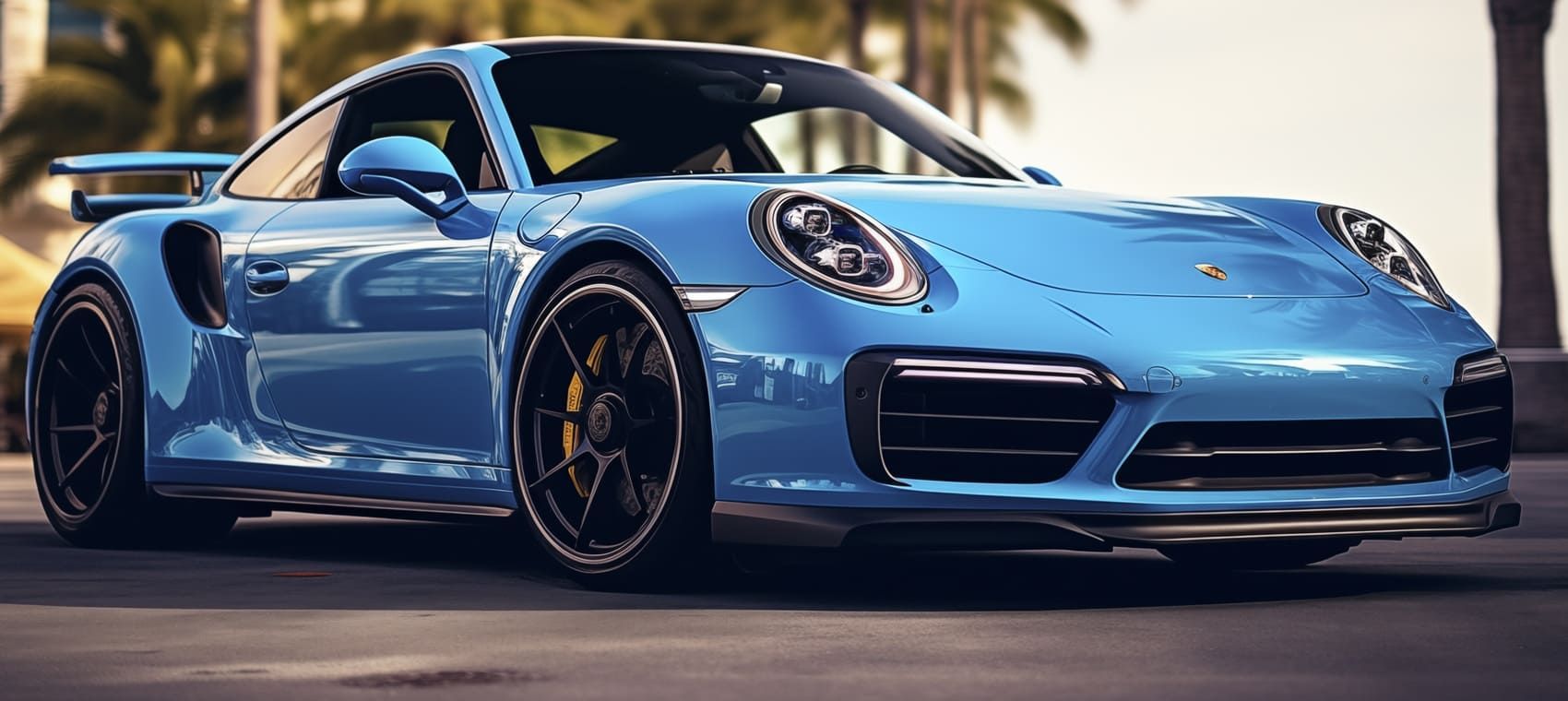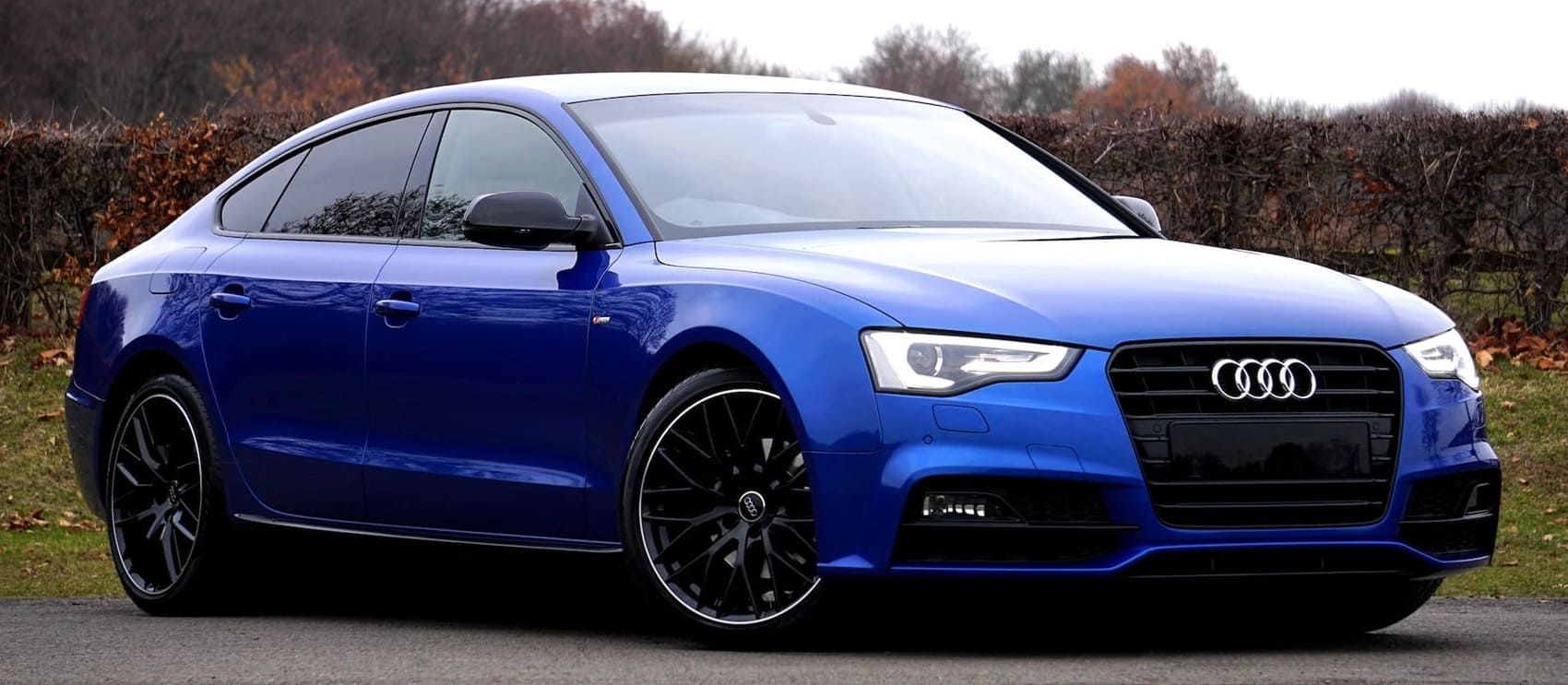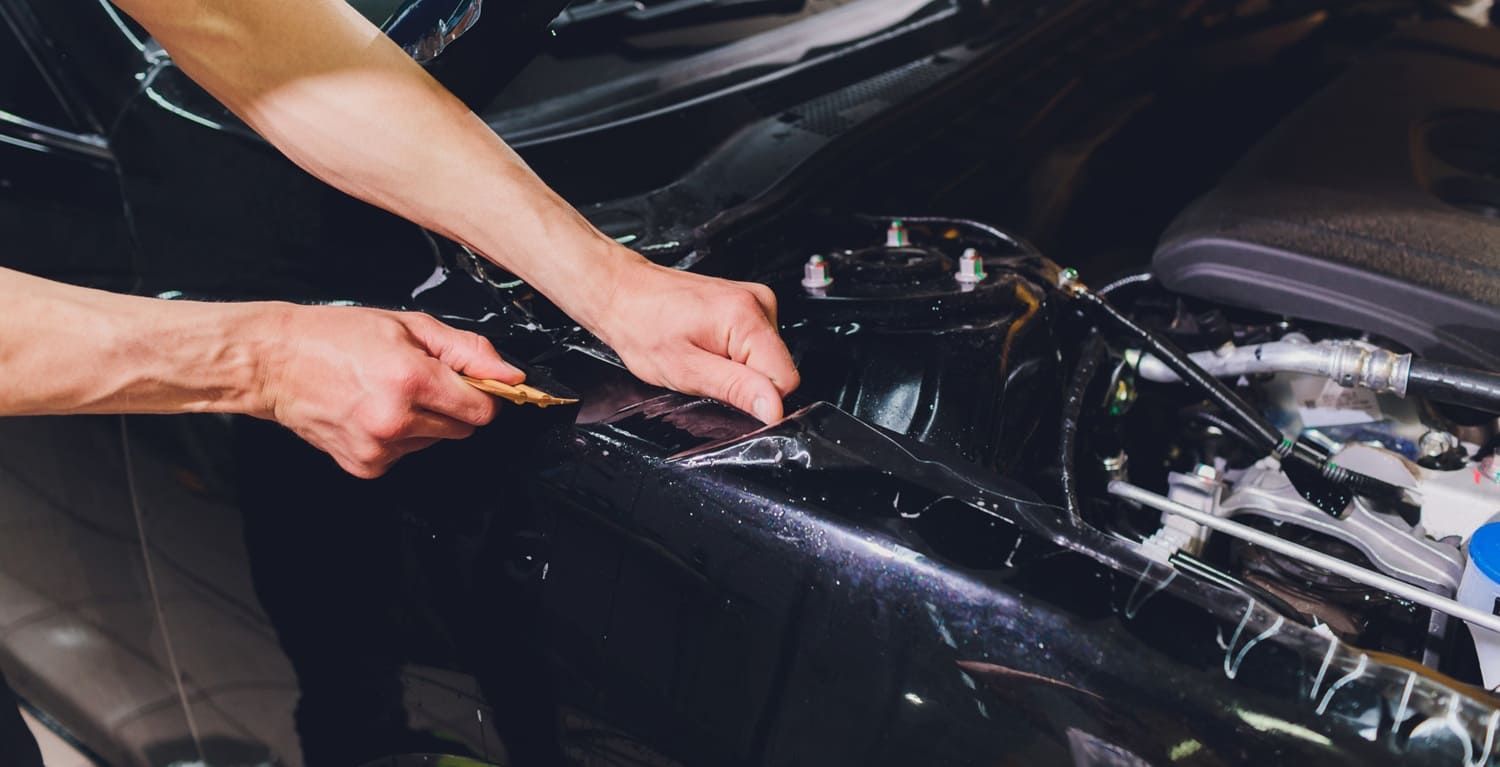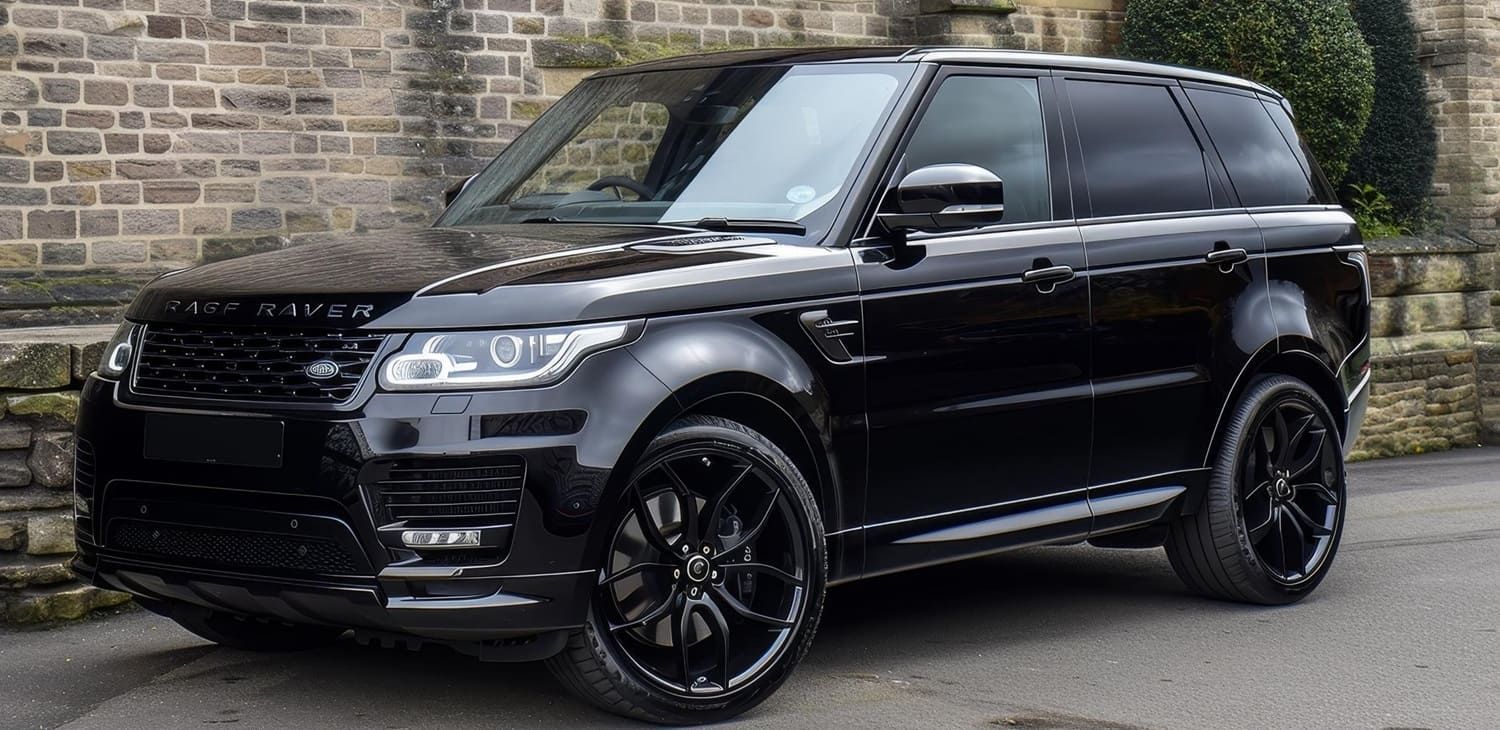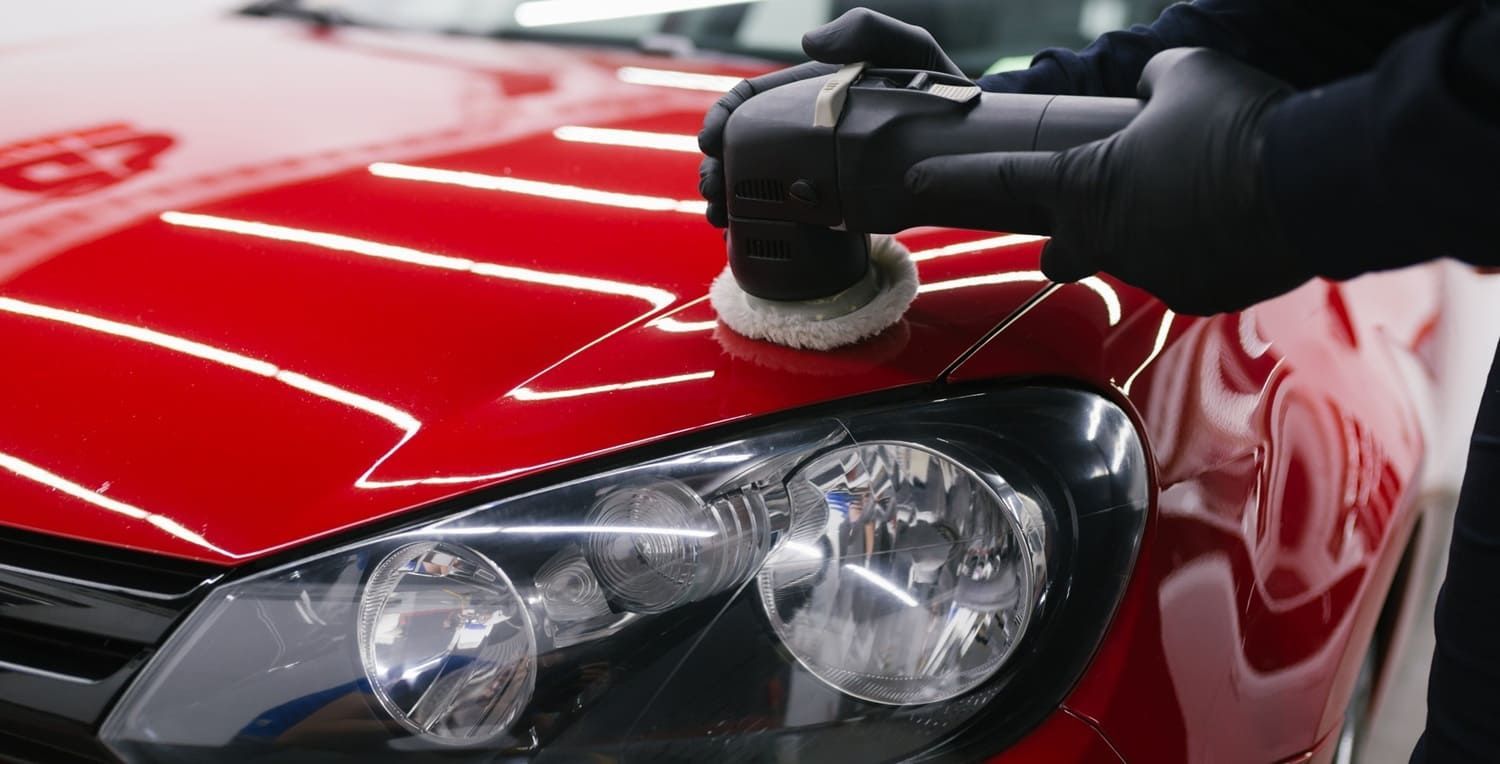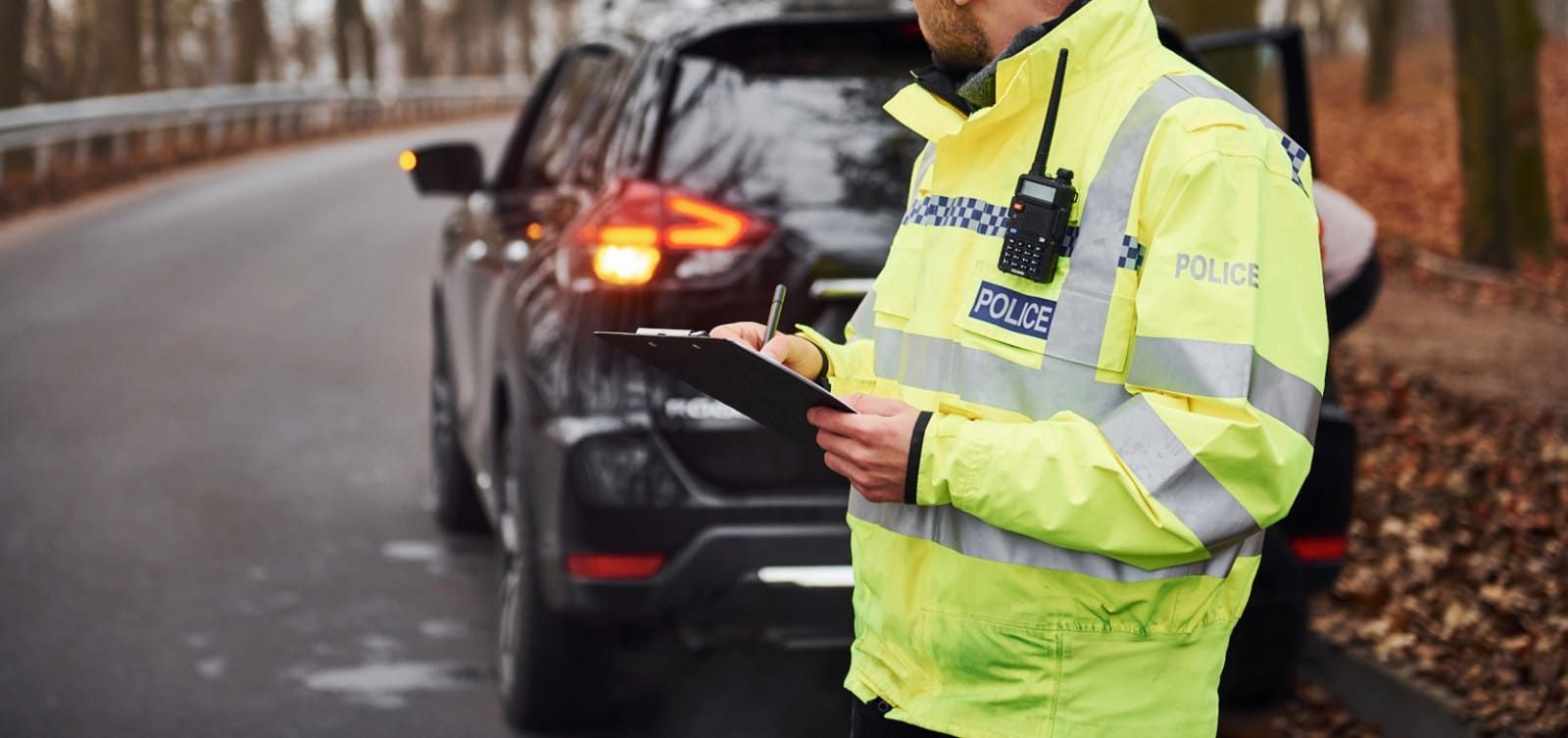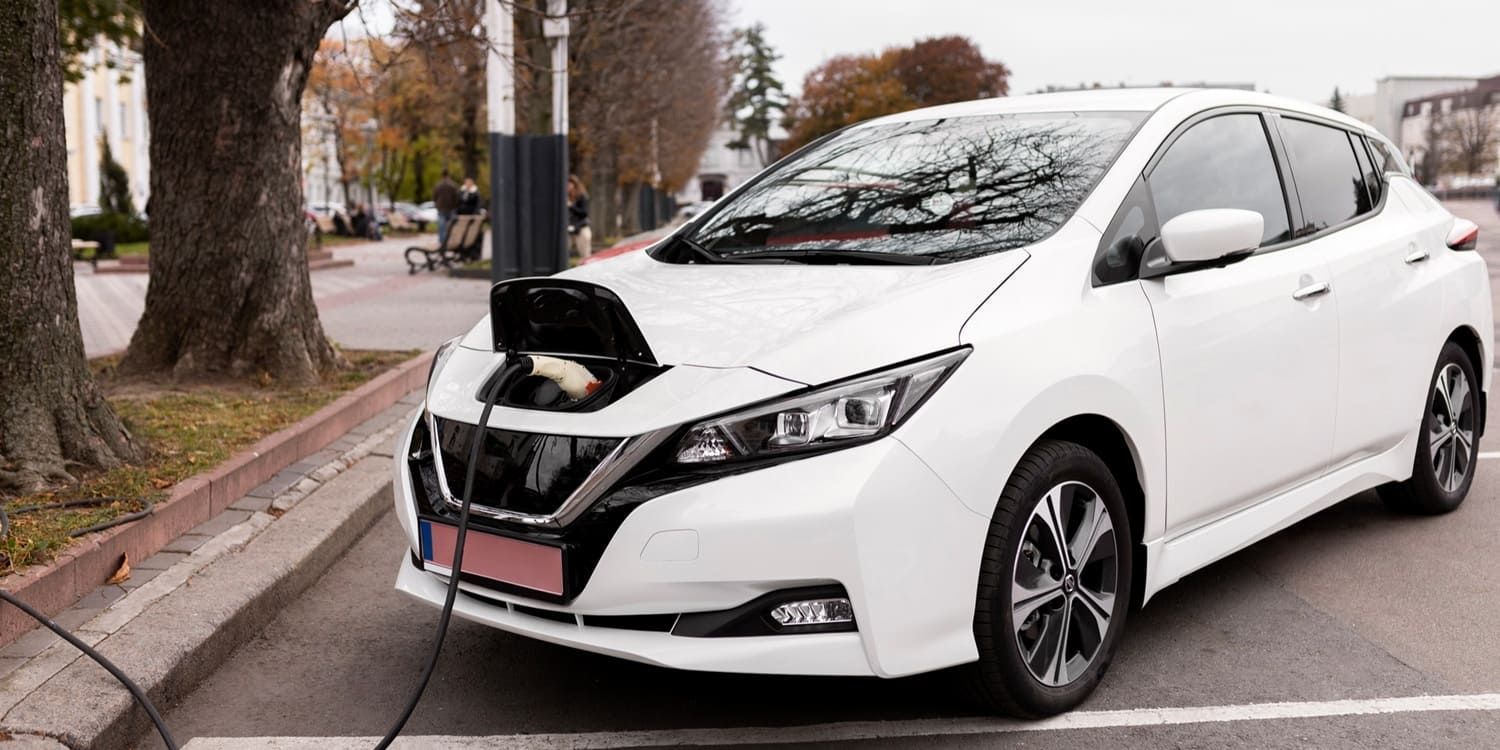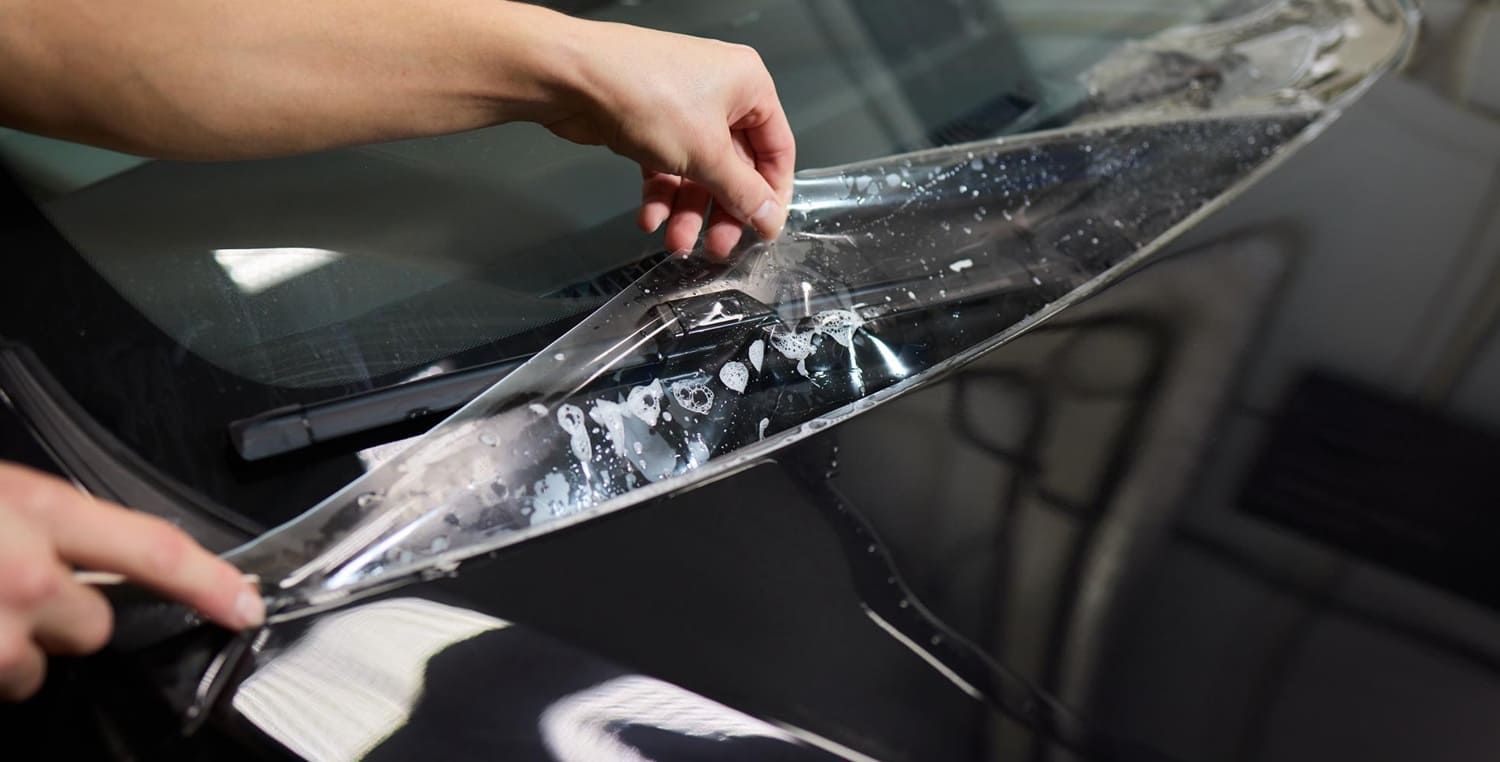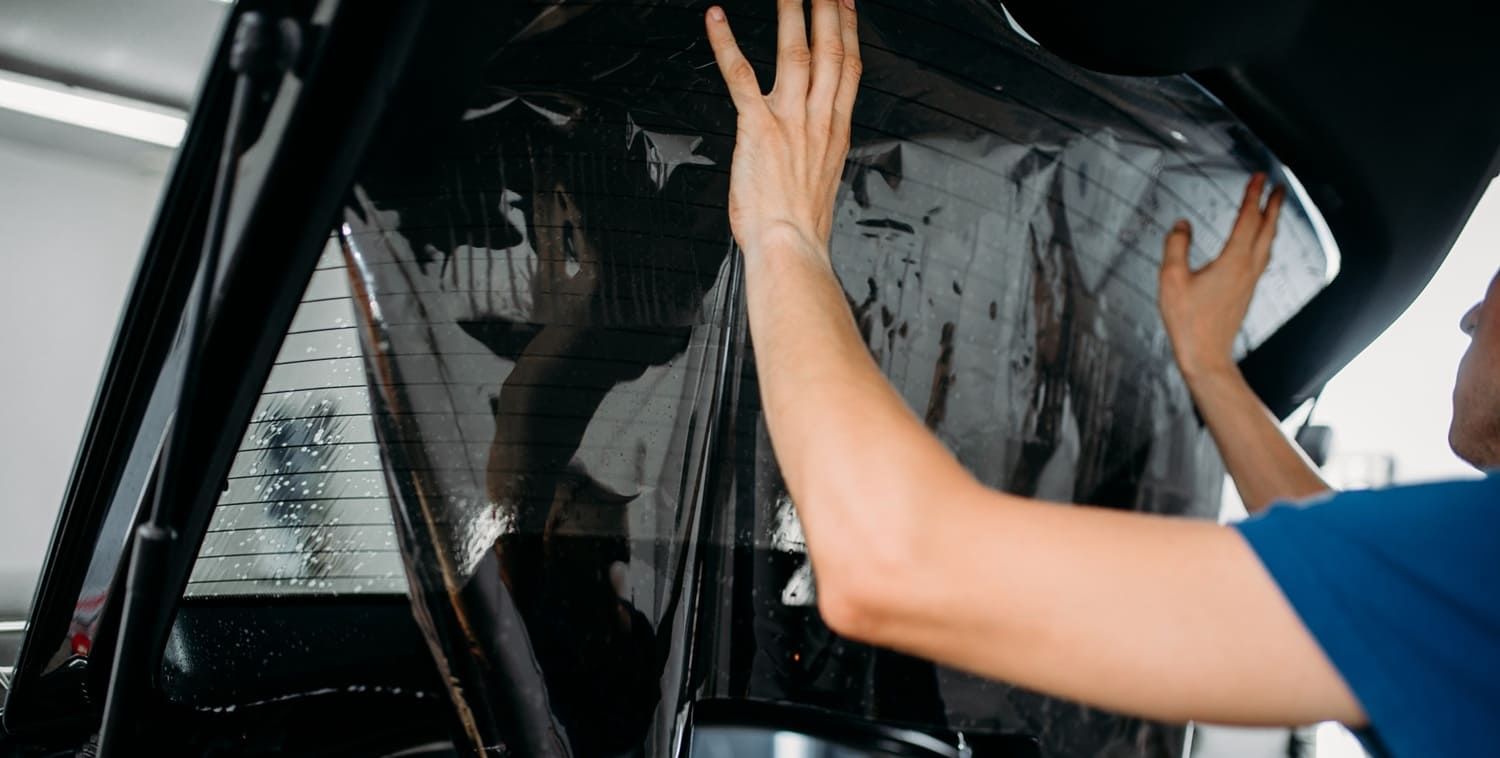Is Your Car Too Hot? Here’s How Tinting Helps
If you've ever slid into your car on a hot summer day, you know the feeling of being in an oven. The sun beats down, turning your vehicle into a heat trap. This not only makes driving uncomfortable but can also affect your mood and concentration. But there's an effective solution to this problem—car window tinting. It's not just about aesthetics; tinting plays a crucial role in keeping your car cool and comfortable. Moreover, it contributes to enhancing your vehicle's longevity and preserving its interior condition.
In this article, we'll explore the benefits of car tinting, the different options available, and how to choose the right service for your needs. Understanding these elements will help you make an informed decision that maximizes the value and comfort of your vehicle.
Tinting your car windows is more than just a fashion statement. It offers a range of practical benefits that can enhance your driving experience. Beyond the immediate relief from heat, window tinting provides long-term advantages that affect both the driver's well-being and the vehicle's condition.
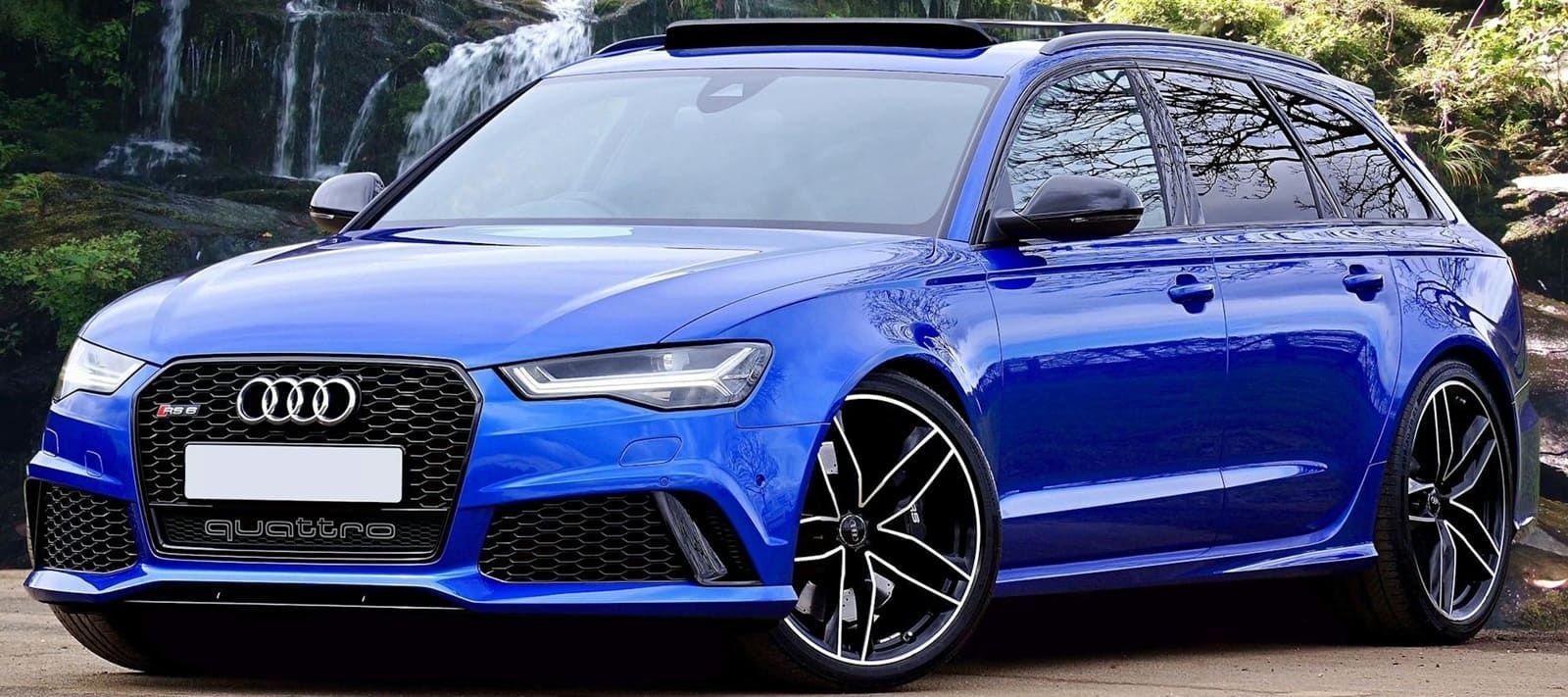
Reducing Heat
The primary benefit of car tinting is its ability to block a significant amount of solar heat. High-quality tints can block up to 99% of harmful ultraviolet rays, which are responsible for heating up your car's interior. By reducing the heat, you'll enjoy a more comfortable ride and less reliance on air conditioning, which can improve fuel efficiency. This means savings at the gas pump and a smaller carbon footprint, making it an eco-friendly choice as well.
Additionally, the reduction in heat helps protect passengers from excessive exposure to UV rays, which can have harmful health effects. Consistent exposure to intense heat can lead to dehydration and fatigue, impacting your focus and driving safety. With window tinting, you provide a protective barrier between the harsh outdoor elements and your car's cabin.
Protecting Your Interior
Sunlight can cause your car's interior to fade and crack over time. Car window tinting acts as a shield, protecting your dashboard, upholstery, and other surfaces from the harsh effects of the sun. This not only keeps your car looking new but also maintains its resale value. When you prevent sun damage, you extend the life of your car's interior, saving money on potential repairs or refurbishments.
Furthermore, protecting your interior with tinting can prevent the release of harmful chemicals from deteriorating materials, ensuring a healthier environment inside your car. The aesthetic appeal of a well-maintained interior also enhances your driving pleasure and pride in your vehicle.
Enhancing Privacy and Security
Tinting provides an added layer of privacy and security. It makes it harder for people to see inside your car, protecting any valuables you might leave behind. This can deter potential thieves and give you peace of mind. Even when you're driving, the additional privacy can make you feel more secure and less exposed to prying eyes.
Moreover, in the unfortunate event of an accident, window tinting can hold shattered glass together, reducing the risk of injury. This feature adds an extra layer of safety for all passengers, making tinting a thoughtful investment in your overall security.
Different Types of Car Window Tinting
When it comes to car window tinting, there are several options available, each offering different levels of protection and aesthetics. Understanding these options can help you select a tint that matches your specific needs, preferences, and budget.
Dyed Window Tinting
Dyed tinting is the most economical choice. It uses a layer of dye that absorbs solar heat. While it provides a darker appearance, it doesn't block as much heat as other options. It's a good choice if you're looking for privacy and a sleek look on a budget. However, keep in mind that dyed tints may fade over time, requiring eventual replacement to maintain their effectiveness and appearance.
Despite its limitations, dyed tinting remains a popular choice for those who prioritize cost-effectiveness. It offers a good level of privacy and can significantly enhance the aesthetic appeal of your vehicle without breaking the bank.
Metallic Window Tinting
Metallic tints contain tiny particles that reflect sunlight, making them more effective at blocking heat. They also add strength to your windows, making them more shatter-resistant. However, metallic tint can interfere with cell phone and GPS signals. This interference can be a significant drawback for drivers who rely heavily on electronic devices for navigation and communication.
Despite this, metallic tints offer durability and a high degree of heat reduction, making them suitable for those who need extra protection in extremely hot climates. The reflective quality of metallic tints also adds a modern, high-tech look to your vehicle.
Carbon Window Tinting
Carbon tints offer a matte finish and are known for their excellent heat-blocking properties. They do not contain metal, so there's no risk of interference with electronic devices. Carbon tints are durable and won't fade over time. This makes them a long-lasting option for those who want both aesthetic appeal and functionality.
The non-reflective, sleek appearance of carbon tints provides a sophisticated look, while the superior heat rejection properties ensure comfort. They are an excellent choice for drivers who want a balance between performance and style without compromising on technology use.
Ceramic Window Tinting
Ceramic tinting is the premium option. It uses nano-ceramic particles that neither fade nor interfere with electronics. Ceramic tints provide superior heat reduction and UV protection, making them an excellent long-term investment for your vehicle. They also offer the highest level of clarity, reducing glare and ensuring optimal visibility.
Though ceramic tints come with a higher price tag, their advanced performance and durability make them worthwhile for those seeking top-tier protection. The exceptional heat rejection and UV blocking capabilities make ceramic tints a favorite among car enthusiasts and those living in sun-intensive regions.
Choosing the Right Tinting Service
When searching for "car window tinting near me," you'll want to ensure you select a reputable provider. Here are some tips to help you make the right choice. Selecting the right service provider is crucial to ensure your investment in window tinting is worthwhile and hassle-free.
Research and Reviews
Start by researching local tinting services and reading customer reviews. Look for businesses with high ratings and positive feedback about their service quality and professionalism. Online platforms and forums can also provide insights into customer experiences and satisfaction levels. Word of mouth and recommendations from friends or family can also be valuable.
Additionally, consider visiting the service provider's website and social media pages to gauge their professionalism and see examples of their work. A company with a strong online presence and clear communication is often more reliable.
Ask About Materials and Warranties
A good tinting service will use high-quality materials and offer a warranty on their work. Ask about the types of tints they provide and ensure they use trusted brands like Llumar auto window tinting options. A warranty not only provides peace of mind but also reflects the confidence a business has in its product and service quality.
Inquire about the details of the warranty, such as its duration and what it covers, to avoid any surprises later. A comprehensive warranty can be a deciding factor when choosing between service providers.
Check Their Experience
Experience matters when it comes to car tinting. An experienced technician will ensure a seamless installation without bubbles or misalignments. Don't hesitate to ask about their experience and request to see examples of their previous work. A well-installed tint not only looks better but also performs optimally over time.
You can also inquire about any certifications or training the technicians have undergone. This can assure you of their expertise and commitment to delivering high-quality service.
Understand Local Tinting Laws
Before getting your windows tinted, familiarize yourself with local regulations. Each state has different laws regarding the darkness and reflectivity of car tints. A reputable service will ensure that your tint complies with local laws. Non-compliance can lead to fines and the inconvenience of having to remove or replace the tint.
Discuss your preferences with the service provider and ensure they understand the legal requirements in your area. A knowledgeable provider will guide you in choosing a tint that meets your needs while adhering to regulations.
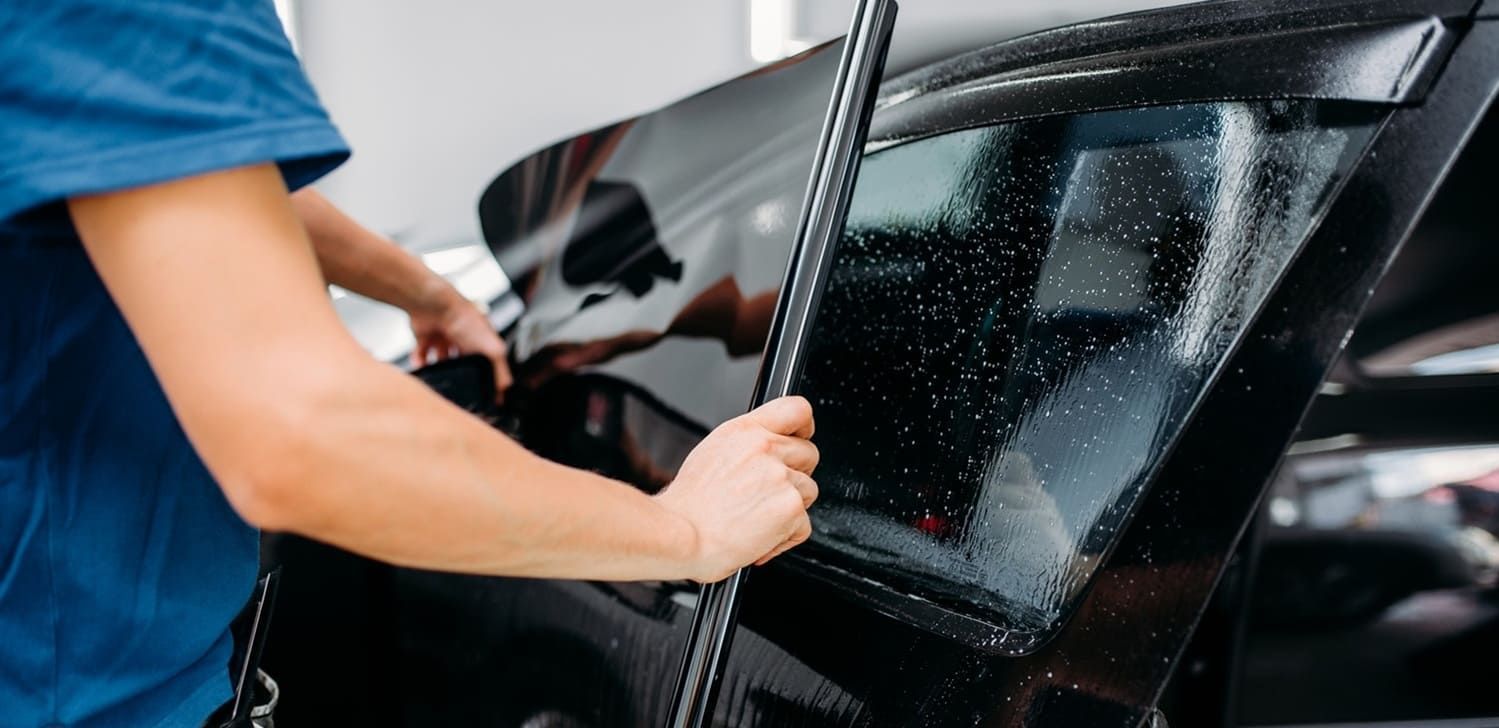
Maintenance Tips for Tinted Windows
Once your windows are tinted, it's important to maintain them properly to ensure longevity and effectiveness. Proper care will keep your tint looking great and functioning effectively for many years.
Cleaning
Use a soft cloth and mild, ammonia-free cleaner to clean your tinted windows. Harsh chemicals can damage the tint film. Ammonia-based cleaners can cause the tint to deteriorate, leading to discoloration and reduced effectiveness. Regular cleaning with the right materials keeps your windows clear and free of streaks.
Develop a routine cleaning schedule to prevent dirt and grime buildup. Keeping your windows clean not only maintains the appearance but also ensures the tint performs optimally in blocking UV rays and heat.
Avoid Scratches
Be careful when loading and unloading items from your car to avoid scratching the tint. Scratches can weaken the film and affect its appearance. Even small scratches can lead to peeling or bubbling over time, compromising the tint's performance.
Consider using protective covers or mats when transporting items that could potentially come into contact with the windows. Being mindful of how you handle objects near your windows can prevent unnecessary damage.
Be Patient
Allow time for the tint to cure. During this period, avoid rolling down your windows to ensure the tint adheres properly. The curing process typically takes a few days to a week, depending on the weather conditions. Patience during this time ensures a seamless and durable finish.
Follow any specific instructions provided by your tinting service regarding post-installation care. Adhering to these guidelines is essential for achieving the best results and maximizing the lifespan of your tint.
Conclusion
At Elite Audio & Window Tinting, a Trusted LLumar Dealer and the best window tinting installers serving Athens, TN, we offer free estimates to help you get started with the perfect tint solution for your vehicle.
Car window tinting is a wise investment that can enhance your driving experience by keeping your car cooler, protecting its interior, and providing added privacy. With a variety of tinting options available, you can choose the one that best fits your needs and budget. Whether you opt for a basic dyed tint or a top-of-the-line ceramic option, car tinting is a practical upgrade that offers comfort, protection, and style.
When searching for "car window tinting near me," prioritize quality and experience to ensure the best results. With proper maintenance, your tinted windows will serve you well for years to come. The right choice of tint can transform your driving environment, making it more enjoyable and safe.
So why endure the heat when you can drive in comfort? Consider tinting your car windows today and enjoy the benefits immediately. Whether you seek protection from UV rays, enhanced privacy, or improved aesthetics, window tinting offers a multitude of advantages that cater to various needs.
FAQs About How Window Tinting Helps Cool Down Hot Cars
Can window tinting really help keep my car cooler?
Yes. Quality window tint reduces solar heat gain by blocking infrared rays, which significantly lowers the interior temperature of your vehicle.
How much cooler will my car be with window tint?
Depending on the film type, you can expect a temperature drop of 20–45°F (7–25°C), especially with ceramic or infrared-rejecting tints.
What type of tint works best for heat reduction?
Ceramic and nano-ceramic window films are the most effective at rejecting heat, even in lighter shades. They outperform basic dyed films.
Does darker tint automatically mean better heat rejection?
Not always. Heat rejection depends more on the film technology than the darkness. A light ceramic tint can block more heat than a dark dyed film.
Is tinting effective in extremely hot climates?
Absolutely. In states like Arizona, Texas, or Florida, high-performance tints can dramatically reduce cabin heat and UV exposure, improving driving comfort.
Can tinting reduce the need for A/C?
Yes. With less heat entering your car, your air conditioning system doesn’t work as hard, which may improve fuel efficiency and reduce wear.
Does tinting help cool the car faster once it's parked?
Yes. Tinted windows prevent heat buildup, so even after being parked, the cabin will be noticeably cooler and cool down faster once driving.
What’s the difference between infrared and UV protection?
Infrared rays cause heat, while UV rays cause fading and skin damage. A good tint blocks both, improving comfort and protecting interiors.
Can tinting reduce glare as well as heat?
Yes. Most tints reduce sun glare, which improves visibility and reduces eye strain—especially during bright daytime driving.
Will tinting keep my dashboard and seats from getting hot?
Yes. Tint blocks solar radiation, keeping surfaces like the steering wheel, seats, and console cooler to the touch.
Is windshield tinting allowed for heat protection?
Many states allow clear or lightly tinted films on the windshield that are heat-rejecting but legal. Always check local regulations.
Do rear window tints help with heat, too?
Yes. Heat-blocking tint on rear windows and back glass creates a thermal barrier, improving overall cabin cooling efficiency.
How long does it take to feel the difference after tinting?
Describe the item or answer the question so that site visitors who are interested get more information. You can emphasize this text with bullets, italics or bold, and add links.Does window tint protect car electronics from heat?
Yes. Reducing cabin temperatures helps prevent overheating or malfunction of electronics like infotainment systems and battery packs.
Can tint help protect pets or kids in the car?
Yes. Tinted windows reduce interior heat and UV exposure, making the environment safer and more comfortable—though pets and kids should never be left unattended.,
Do sunshades work as well as tint?
Sunshades help only while parked and offer limited coverage. Tint works 24/7, while driving or parked, offering consistent heat rejection.
Will tinting affect visibility while driving?
When professionally installed using the correct shade, tint improves daytime comfort without negatively impacting night visibility, especially with ceramic films.
Can I combine tint with other heat-blocking solutions?
Yes. You can pair tint with windshield reflectors, ceramic coatings, or ventilated seat covers for even greater comfort and performance.
Does window tint protect against skin damage?
Yes. Most films block 99% of harmful UV rays, helping prevent sunburn, premature aging, and skin cancer risks during daily driving.
can tinting really solve a hot car problem?
Yes. Window tinting is one of the most effective, long-term solutions for keeping your car cooler, improving comfort, protecting interiors, and reducing energy use.

